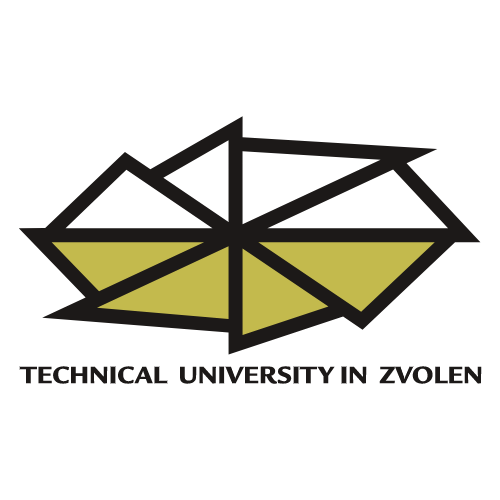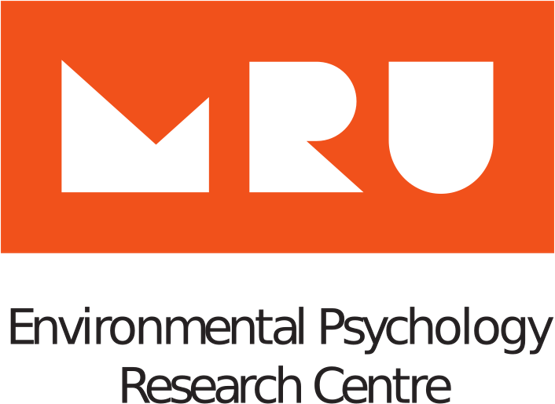Search Results Stakeholder
You have searched in Stakeholders with the following criteria: << Go Back
Inquiry
The search returned 2 results.

Vladislav Kaputa
- Slovakia
- Knowledge
- Skills
- Competencies
- Values
- Attitudes
- Behaviours
- Economic Aspects of Environmental Citizenship
- Social Aspects of Environmental Citizenship
- Political Aspects of Environmental
- Citizenship
- Environmental Citizenship General
- Individual actions
- Collective actions
- Actions in Private sphere
- Actions in Public sphere
- Actions in Local scale
- Actions in National scale
- Actions in Global scale
- Preventing new environmental problems
- Solving environmental problems
- Addressing structural causes of environmental problems
- Achieving critical & active engagement and civic participation
- Practising environmental rights & duties
- Promoting inter- & intra-generational justice
- Developing healthy relationship with nature
- Achieving sustainability
- Inquiry
- Planning Actions
- Networking and Sharing in Scales
- Sustain Environmental and Social Change
- Civic Participation
- Evaluation and Reflection
The Technical University in Zvolen (also known as TUZVO) is a modern higher education institution providing education in all three levels of studies within the European Higher Education and Research Area. In the higher education system in Slovakia, the TUZVO has a unique specialisation within a focus on the spheres of forest – wood – ecology – environment with an appropriate expansion in other technical, natural, security, economics as well as design spheres.
David Iluz, Associate Prof., Head of the department
- Israel
- Knowledge
- Skills
- Competencies
- Values
- Attitudes
- Behaviours
- Social Aspects of Environmental Citizenship
- Citizenship
- Environmental Citizenship General
- Individual actions
- Collective actions
- Actions in Private sphere
- Actions in Public sphere
- Actions in Local scale
- Preventing new environmental problems
- Solving environmental problems
- Addressing structural causes of environmental problems
- Achieving critical & active engagement and civic participation
- Developing healthy relationship with nature
- Achieving sustainability
- Inquiry
The aim of studies in The Department of Environmental Science and Agriculture is to train and educate teachers (pre-school throughout highschool, including special education) and non formal educators in the area of environmental studies, emploiying agriculture as a coordinating theme for developing a multidimensional understanding and perspective of environmental -social challenges.
Dr. David Kadish, Headmaster of the school
- Israel
- Knowledge
- Skills
- Competencies
- Values
- Attitudes
- Behaviours
- Social Aspects of Environmental Citizenship
- Environmental Citizenship General
- Individual actions
- Collective actions
- Actions in Private sphere
- Actions in Public sphere
- Actions in Local scale
- Preventing new environmental problems
- Solving environmental problems
- Achieving critical & active engagement and civic participation
- Promoting inter- & intra-generational justice
- Developing healthy relationship with nature
- Achieving sustainability
- Inquiry
- Sustain Environmental and Social Change
Dr. David Kadish
- Israel
- Knowledge
- Skills
- Competencies
- Values
- Attitudes
- Behaviours
- Social Aspects of Environmental Citizenship
- Citizenship
- Environmental Citizenship General
- Individual actions
- Collective actions
- Actions in Private sphere
- Actions in Public sphere
- Actions in Local scale
- Preventing new environmental problems
- Solving environmental problems
- Achieving critical & active engagement and civic participation
- Practising environmental rights & duties
- Promoting inter- & intra-generational justice
- Developing healthy relationship with nature
- Achieving sustainability
- Inquiry
- Sustain Environmental and Social Change
- Evaluation and Reflection
Gaja Brecelj
- Slovenia
- Knowledge
- Skills
- Competencies
- Values
- Attitudes
- Behaviours
- Social Aspects of Environmental Citizenship
- Political Aspects of Environmental
- Citizenship
- Environmental Citizenship General
- Individual actions
- Collective actions
- Actions in Private sphere
- Actions in Public sphere
- Actions in Local scale
- Actions in National scale
- Preventing new environmental problems
- Addressing structural causes of environmental problems
- Achieving critical & active engagement and civic participation
- Practising environmental rights & duties
- Promoting inter- & intra-generational justice
- Developing healthy relationship with nature
- Achieving sustainability
- Inquiry
- Planning Actions
- Networking and Sharing in Scales
- Sustain Environmental and Social Change
- Civic Participation
- Evaluation and Reflection
STRATEGIC AREAS AND GOALS Environmentally sustainable society: Slovenia is fulfilling its responsibilities for a global environmental balance, especially in the fields of climate and biodiversity. Socially just society: Slovenia is actively involved in solving local and global problems, striving for a society of sustained prosperity for all (a society defined by indicators more relevant and comprehensive than GDP, by equitable relations, responsibility and provision of equal opportunities for all, without enrichment on account of exploitation). Locally self-subsistent society: Slovenia’s basic needs by 2030 are covered by local resources (energy, food, water and other resources) within the limits of their carrying capacity. Open society: Slovenia has established a participatory democracy. To ensure the decisions are in the public interest, the decision-making processes are open and based on the inclusion of civil society. Non-governmental sector is equal to the public and private sectors. Umanotera understands sustainable development as a dynamic balance between man and nature, which allows social justice and intergenerational solidarity. Sustainable development also means that people should exploit the unlimited capability of their minds instead of exploiting limited natural resources. Only in this way will we be able to leave our environment and resources to future generations in the best possible condition.

Rita Žukauskien? (Zukauskiene)
- Lithuania
In Environmental Psychology research centre (EPRC) we explore interactions between people (in group as well as individual level) and their physical environment (built and natural). We specifically focus on the antecedents of environmentally friendly behaviors such as values, identity, norms, habits, context, among others. We also develop and test the effectiveness of means that could foster various environmentally beneficial actions.

Asta Burbait? (Burbaite)
- Lithuania
- Attitudes
- Economic Aspects of Environmental Citizenship
- Political Aspects of Environmental
- Actions in Public sphere
- Actions in National scale
- Preventing new environmental problems
- Solving environmental problems
- Achieving critical & active engagement and civic participation
- Achieving sustainability
- Inquiry
- Planning Actions
- Sustain Environmental and Social Change
Main aims of Green Point (GP): (I) Environmental Protection. GP carries out the packaging waste management tasks and contributes to the improvement of the waste management system in Lithuania. (II) Partnership. In creating an effective environmental protection network, GP cooperates with producers and importers, waste management and recycling companies, municipalities, the Government, the Ministry of Environment and its subordinate institutions. (III) Education. By the most effective educational measures, GP promotes the involvement of the population in environmental protection, the development of ecological attitudes and responsible consumption. GP encourages businesses to carry out sustainable activities and the production of products that require less pollution and require more raw materials.
